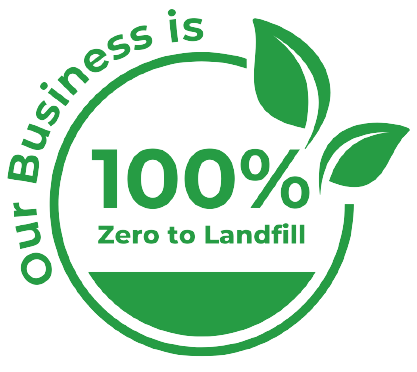Textile Waste
Nationwide Textile Waste Collection and Recycling
What is Textile Waste?
Textile waste is classified in 2 ways:
Pre-consumer textile waste
This is generated during the production phase, including scraps, defective or damaged material, leftover fabrics from the cutting process etc.
Post-consumer textile waste
These are the goods that are no longer wanted and discarded. It can be clothing, cloths, bedding, towels, bags, shoes, curtains etc.
Textile Waste Collection Nationwide
With more and more businesses being aware of the environment and the impact waste has on it, most people now understand the importance of recycling. Not only is it good for the environment, it is also good for business.
Due to recent changes in the global fashion market and the trend of fast fashion, where clothes are considered to be disposable due to their low prices we are seeing a huge increase in textile waste.
Only a small percentage of clothing is recycled, with the remainder ending up in landfill. The fashion industry is one of the biggest contributors to global waste and it is having a hugely detrimental effect on the environment.
GWR Waste Management can help you to identify what your textile waste needs are and provide a solution that works for your business to ensure your textile waste does not end up in landfill.
Textile Waste Bins
GWR Waste Management has a variety of wheelie bins and skips depending upon the amount of textile waste your business produces.
Find out more about our waste bins here
Contact a member of our specialist team who can help you produce a textile waste management plan and identify what bin is best for you and how frequently you need collections. We want to take the hassle out of your waste management and let you get on with running your business.
What Happens to Textile Waste?
Once your textile waste has been collected it is taken to a Material Recycling Facility where the textiles are sorted by material type and colour. The textiles are then shredded and using magnets, zippers and buttons are removed. Natural fibres such as cotton or wool are respun into thread ready to be used in new products. Synthetic fibres, such as acrylic or polyester are processed into plastic chips which are melted and spun into new fibres for use in new products.
Clothing that is not deemed as waste is either donated to charity or sent to different countries for resale.
If you do not dispose of your textile waste correctly it may end up in landfill, which is a disaster for the environment.








